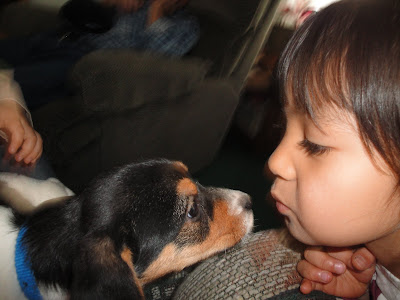It is incredibly important to keep tabs on your horse to be able to spot when something is wrong, as although horses are strong animals, they can fall prey to a whole host of illnesses. Even the most well looked after horse will fall ill from time to time, and your horse may be more susceptible depending on your location, the quality of your grounds, the history of the other horses your horse is stabled with and a number of other factors.

Distressed and annoyed, even with other Horses
Changes in behaviour are not always related to illness, but should be monitored regardless as it can cause a detriment to the mental health of your horse if left unnoticed for a long period of time. In time you will learn your horses likes and dislikes and will learn to notice what is deemed as ‘strange behaviour’ for him or her. After all, it is just as important to keep your horse happy as it is healthy!
If your horse is lagging behind his stable mates or is acting stressed out with the other horses, it may be a good idea to isolate him for the good of his health. Lagging behind may be a sign of lameness or of an incoming illness.
Depending on the abnormal movements of your horse, he or she may be experiencing internal or muscular pain. For example if he seems unwilling to get up, it could be an abscess in the hoof, or it could be a nerve or spinal problem.
Bad breath, coughing or feed dribbling from the nostrils
Bad breath could be an infected tooth or a sinus infection, as is coughing. Coughing can also be caused by irritants, so check your stables for dust or humid conditions that could cause a cough. Feed dribbling from your horses nostrils can be a serious issue as this is a sign of choke. Choke obstructs the oesophagus of a horse and makes it difficult to swallow feed. Call your vet immediately if you notice this as a blocked esophagus is not to be taken lightly.
There may be certain instances where your horse is more likely to choke on a certain type of feed, so if choke is a frequent occurrence, it is good to switch to another type of feed, or to make sure that your horse has permanent access to clean water to prevent the esophagus from getting clogged.
Like with any pet, horses have ways of telling their handlers when they are feeling under the weather. However it is not always clear what may be wrong with your horse, so it is best to completely familiarize yourself with the way your horse behaves and to take note whenever anything out of the ordinary happens.
That being said, do not spend your days worrying about whether or not your horse is looking ‘healthy’ enough today, as good health is incredibly important but every horse gets ill from time to time. It is often unavoidable and is not a detriment to your handling skills. So long as you know how to recognize when something is wrong, you and your horse should enjoy a long and happy life together!

Jenny Warden is a keen rider and member of an active equestrian team. To keep her horses healthy she uses only natural horse bedding from local suppliers that is biodegradable, dust-free and creates minimal waste.






